Dhaka, Bangladesh, ranks second on the global list of cities with the worst air quality, with an AQI score of 187, signaling 'unhealthy' conditions. This classification underscores the persistent challenges of air pollution in the city, with concerns heightened over its adverse health impacts.
Dhaka, the capital city of Bangladesh, finds itself at the forefront of global concerns over air pollution, as it secures the unenviable position of second on the list of cities with the worst air quality worldwide. With an Air Quality Index (AQI) score of 187, Dhaka's atmosphere is categorized as 'unhealthy', reflecting the persistent challenges faced by residents in combating pollution-related health risks.
The AQI, a crucial metric for assessing daily air quality, provides vital information to residents about the cleanliness or pollution levels in their environment and the associated health hazards. In Dhaka's case, the classification of 'unhealthy' underscores the urgent need for measures to mitigate pollution and safeguard public health.
India's Delhi, Pakistan's Lahore, and Indonesia's Jakarta accompany Dhaka on the list, with varying degrees of air quality deterioration. The AQI serves as a guide, categorizing air quality from 'unhealthy for sensitive groups' to 'hazardous', based on the concentration of pollutants such as particulate matter, nitrogen dioxide, carbon monoxide, sulfur dioxide, and ozone.
Dhaka's struggle with air pollution is not new, with the city routinely grappling with deteriorating air quality, particularly during winter months. While improvements are observed during the monsoon season, the pervasive nature of pollution underscores the need for sustained efforts in environmental management and regulation.
The global ramifications of air pollution are dire, as highlighted by the World Health Organization's estimation of seven million annual deaths attributed to pollution-related illnesses worldwide. These include cardiovascular diseases, respiratory infections, and various respiratory ailments, emphasizing the urgent need for comprehensive measures to address this pressing issue.



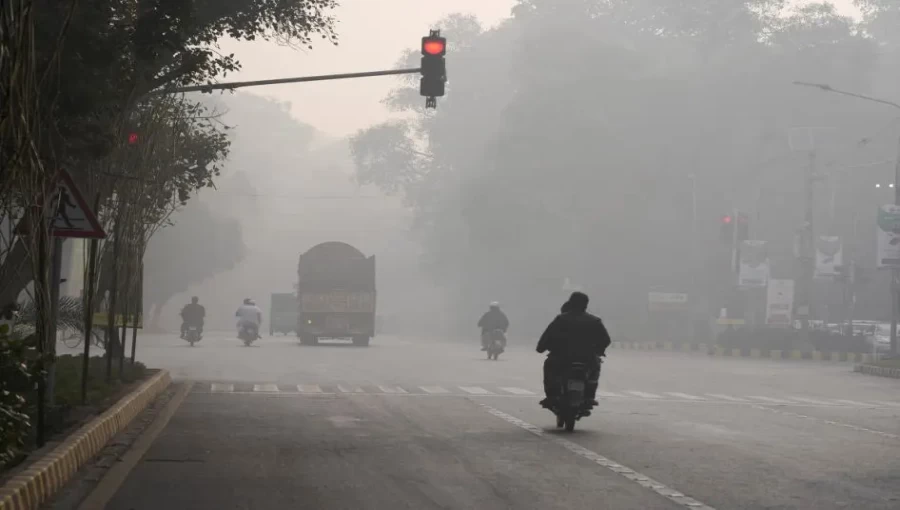







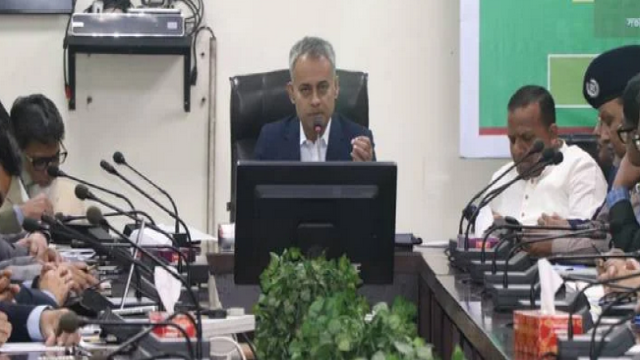




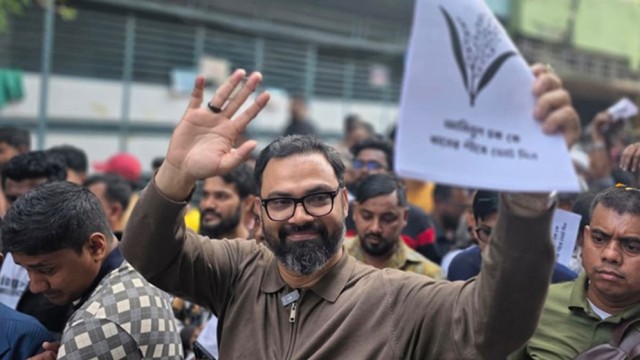
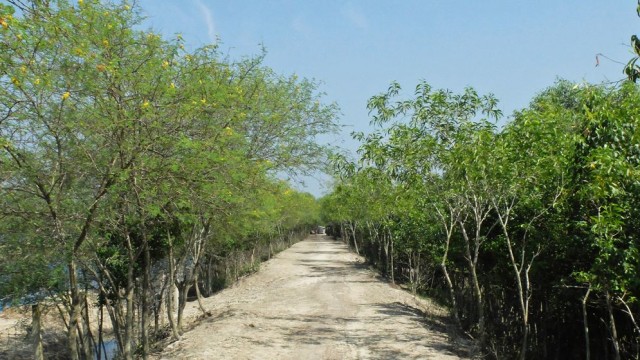
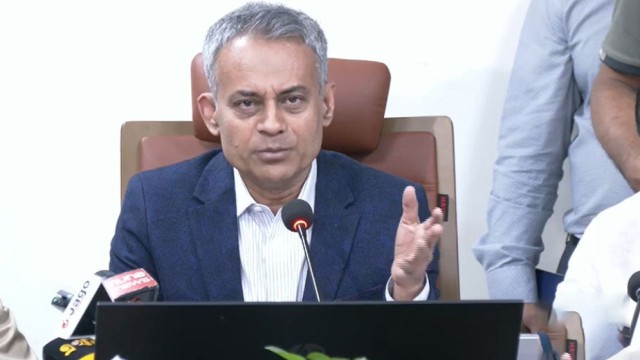











Comment: